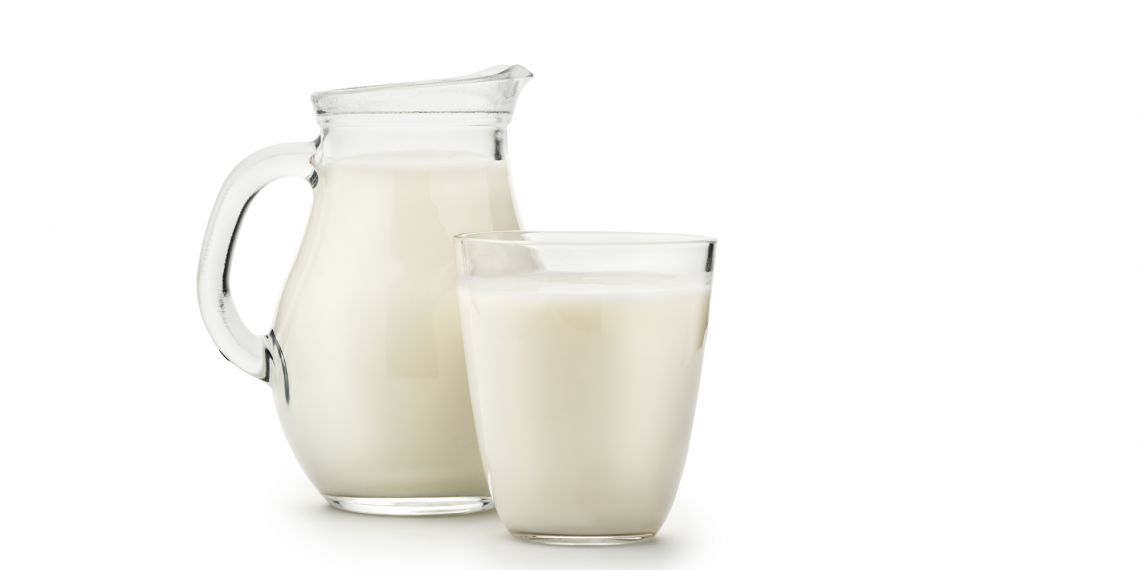
cow milk,facts
Cow milk, 2% fat
- Milk is a highly nutritious fluid that is formed in mammals to support their newborns during the first months of their lives.
- Humans began to consume the milk of other mammals regularly after domesticating the animals more than 10000 years ago.
- The nutritional composition of milk is very complex and contains almost every nutrient necessary for the human body.
- Milk is a rich source of protein and provides the full combination of all nine essential amino acids.
- Proteins in milk can be divided into two groups based on their solubility in water.
- Insoluble milk proteins are called casein, while soluble proteins are known as whey protein.
- Both of these groups of milk proteins are considered to be of excellent quality, with a high proportion of essential amino acids and good digestibility.
- Casein forms approximately 80% of the proteins in milk and the rest belongs to whey protein.
- Milk is an excellent source of many vitamins and minerals, including vitamin B12, calcium, riboflavin and phosphorus.
- Milk is especially rich in branched chain amino acids (BCAAs) - such as leucine, isoleucine and valine.
- Carbohydrates in milk are mainly in the form of simple sugar lactose, which represents about 5% of milk.
- In the digestive system, lactose breaks down into glucose and galactose. They are absorbed into the bloodstream, after which the liver converts galactose to glucose.
- Some people do not have the enzyme needed to break down lactose. This condition is called lactose intolerance.
- Heat, oxygen and light affect the nutritional value of milk, therefore, it must be cooled as soon as possible and preferably stored in a non-transparent container.
- Raw milk is pasteurized and homogenized to increase its shelf life and safety.
- Drinking raw milk is not recommended as it can be contaminated with harmful bacteria.
- Pasteurization is used to kill harmful pathogenic bacteria by heating the milk for a short time and then cooling it immediately.
- Ultra-heat treatment (UHT), is a type of milk processing in which all bacteria are destroyed by high heat and the milk can be stored for up to 6 months.
- There is a loss of vitamin B1 and vitamin C in the process of UHT and there is also a slight change in the taste of the milk.


 Bulgarian
Bulgarian